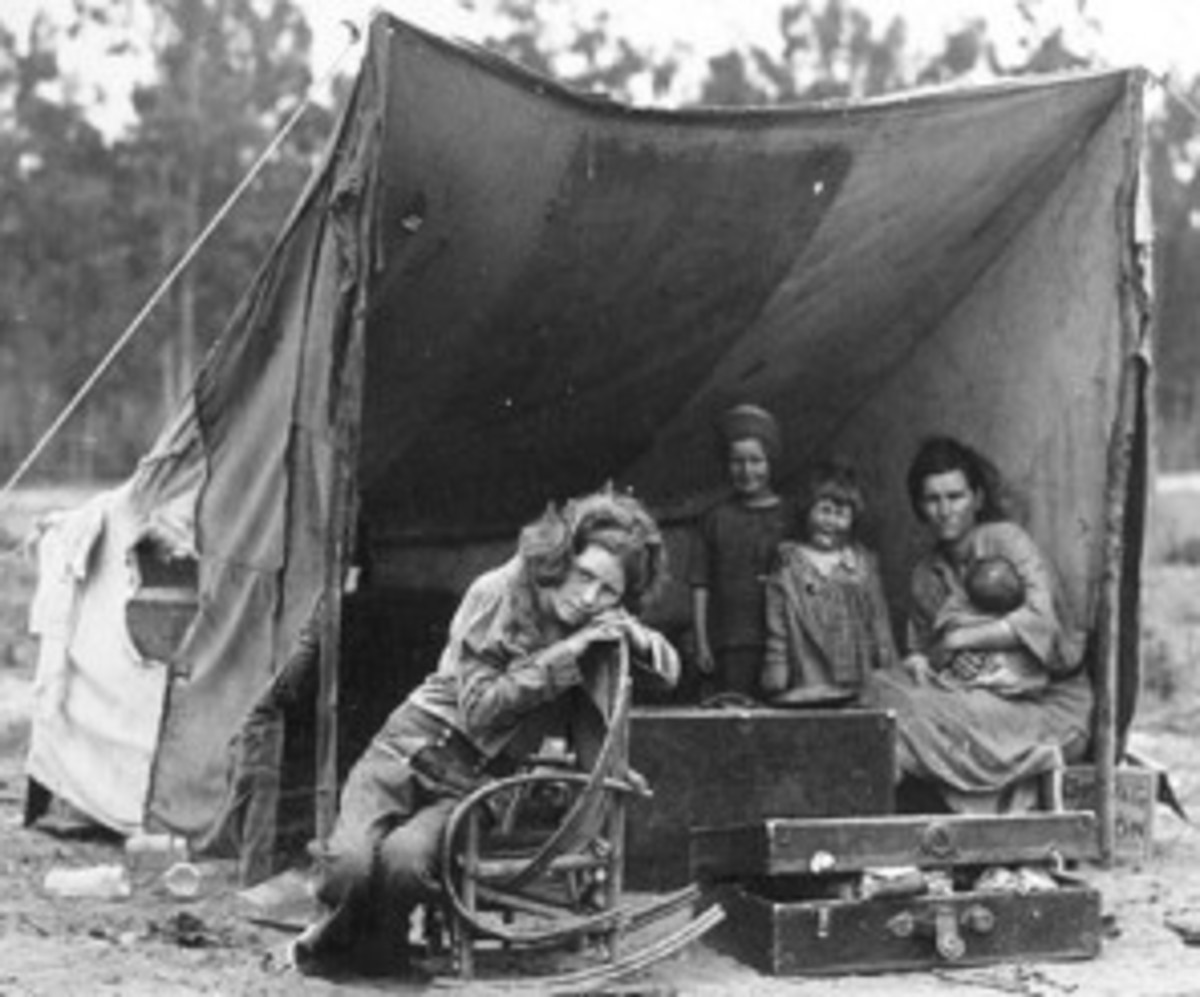How to be a Good Parent: 4 Styles of Parenting
Parenting styles impact children

Knowing how to be a good parent often takes a willingness to learn
Knowing how to be a good mom or dad is often a matter of trial and error, as well as learning from others. Yet, when it comes to raising children there is not much wiggle room for error, making it critical to hone parenting skills sooner than later. Numerous parenting magazines and parenting books line the shelves of bookstores and websites making it easy to gather information on how to be a good parent, or maybe just a better parent.
Additionally, parenting is often the focus of psychological and sociological studies. Many parenting tips often are derived from this type of research. One interesting study done during the 1960s, by clinical psychologist Diana Baumrind, defines four styles of parenting:
- Authoritarian
- Authoritative
- Permissive
- Uninvolved
While it is important to know your parent style, since other studies reveal that your parenting style can have a definite impact on the well-being of your children, it is equally important not to use this label as an excuse for why you do the things you do.
Being good parents involves offering guidance in a loving way, as well as providing structure while taking into account the needs of your child. After all, children are not one-size-fits-all. In fact, an August 1, 2011 study published in the Journal of Abnormal Child Psychology revealed that when the parenting style takes into account a child's temperment, then that child's risk of depression and anxiety are greatly reduced.

What do you think your parenting style is?
What is your parenting style?
The 4 parenting styles, as defined by Baumrind, are based on the levels of control a parent exerts in addition to how responsive they are to the child. Her study looked at each parent's discipline tactics, warmth/nurture-level, communication style, and desired amount of control. As it turns out, parents with an authoritative style have the most well-adjusted children - happy, confident, capable, and successful. Additional reading about the four styles of parenting and their impact on children can be read here.
1. Authoritarian
- parent is controlling but not responsive
- parent gives orders
2. Authoritative
- parent is controlling and responsive
- parent gives options
3. Permissive
- parent is responsive but not controlling
- parent gives in
4. Uninvolved
- parent is neither controlling or responsive
- parent gives up
Remember, your style of parenting has a definite impact on your children. If you would like to discover your parenting style and how to be a good parent, take a parenting style quiz. Here are just a few:

12 Tips on how to be a good mom or dad to young children
Being a good mom or dad is not just about your particular parent style, rules, boundaries, authority and responsiveness. It is so much more. It is about being present and engaged; it is about being relaxed enough to enjoy each moment - even the messy ones; it is about communicating with your children - not just curtly replying to their questions. And when you are engaged in a full relationship with your children, you will discover an unexpected benefit -- they are much more responsive to your authority.
Being a good parent means being present


Being a good parent means reading to your children
- Get on your knees and play. Do not just sit there and watch, get involved. Build legos, make train noises, make animals talk, feed a baby doll, "eat" pretend food -- play!
- Listen. When your child speaks, listen. Put down whatever you are doing. Look into your child's eyes, and listen.
- Hug. Hug when you're happy to see them first thing in the morning; hug when you're laughing together, hug when they're hurt. A hug is a powerful thing.
- Keep a schedule. Better rested children (and moms) are better behaved children (and more patient moms). Everyone will be more sane when a schedule, which includes a regular bedtime and three regular meals, is followed.
- Read to your children. Reading is not always about learning. It is about cuddling up together, seeing their faces full of wonder, hearing their innocent, sweet voices.
- Silence the cell phone. Children learn from everyday activities, from the conversations you share together in the car, to your back-and-forth chatter with them at the grocery store. If you take a needless cell phone call during this time, then you quickly send the message that they are less important. Big mistake.
- Go outside. Walk, run, bike, collect leaves, sled, tumble down a hill, swing at a playground, kick a ball, jump through a sprinkler - burn off energy, have fun doing it, and open up the world to your children.
- Have a bedtime routine. Do not just tell your kids to go to bed, take them, lay with them for a few moments, read a bedtime story, tuck them in and kiss them good night.
- Laugh. Do not ever forget to laugh. Kids really do say the darndest things and sometimes they just do the dumbest things. But sometimes it is just better to laugh than to cry.
- Be Patient. Kids were not born knowing everything and neither were you. Give them a chance to learn, to try new things. Don't take over, but help if they ask.
- Let your kids dance in the rain. In other words, be carefree. These are the moments you and your children will cherish.
- Above all else - praise, praise, praise. Positive parenting is so much more effective. Notice the good in your children. Catch them being good often and praise them for it. Everyone will be happier for it

Concluding thoughts on how to be a good parent
Being a good mom or dad is best accomplished with positive parenting and studies say, an authoritative parenting style. In addition, always be sure to be engaged with your children and spend quality time with them often. Both you and your children will be the beneficiaries.

Additional Links of Interest on the Impact of Parenting Styles
- Parenting Styles - The Four Styles of Parenting
Research suggests that different parenting styles have an important impact on child development. Learn more about these different parenting styles and how they impact children. - Parenting Style May Affect Child's Mental Health - US News and World Report
Depression, anxiety less likely when mom takes kids' personalities into account, study finds

Sign Up Here ... It's QUICK & FREE to join HubPages! You'll be glad you did!







